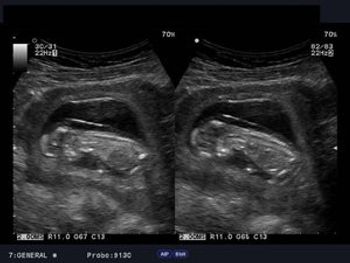
Despite insufficient evidence to support the practice, many physicians treat obstetric cholestasis with ursodeoxycholic acid to reduce pruritis and hepatic impairment. Recently, the largest trial to date comparing UDCA with placebo also studied the timing of delivery in this group of women.





